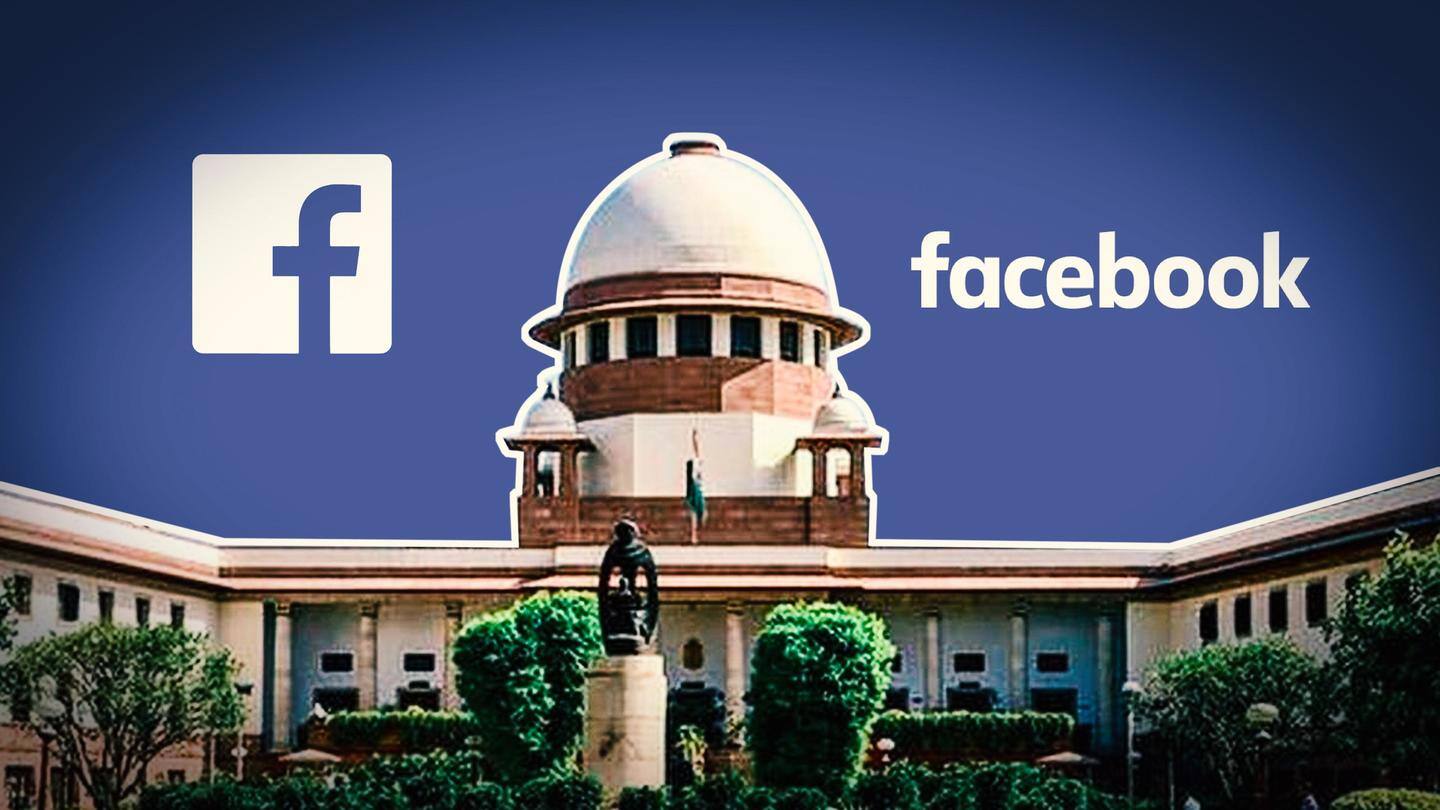
Facebook asked to appear before Delhi panel in riots inquiry
What's the story
The Supreme Court on Thursday dismissed a petition filed by Facebook India Managing Director Ajit Mohan, seeking to quash summons issued to him by the Peace and Harmony Committee of the Delhi Assembly.
Mohan was summoned by the panel in connection with an inquiry into the February 2020 Delhi riots.
However, the SC maintained that the panel cannot act as a prosecuting agency.
Court
Facebook's plea was 'premature, pre-emptive'
An SC bench, comprising Justices Sanjay Kishan Kaul, Dinesh Maheshwari, and Hrishikesh Roy, observed that Facebook's plea was "premature" and "pre-emptive" as nothing has happened against him apart from being asked to appear before the panel.
However, the apex court barred the committee from encroaching into the domains of law and order as the same falls under the domain of the central government.
Quote
'Social media has the potential to polarize society'
While pronouncing its order, the Supreme Court observed that social media has the potential to influence people and polarize society.
"Social media platforms like Facebook have the power and potential to influence people across borders...these platforms have the potential to polarize the society, as many members of the society do not have the wherewithal to verify the veracity of contents," the court observed.
Panel's domain
'Committee cannot prosecute; Facebook can avoid answering questions'
Since the Delhi Assembly does not have jurisdiction over law and order, the court ruled that the committee can inquire, but it cannot investigate or prosecute.
Noting that an Assembly panel is not a prosecuting agency, the court allowed Facebook to deny answering any questions related to "prohibited domains" of law and order and criminal prosecution.
Panel’s domain
Facebook had challenged panel's jurisdiction
Facebook had argued that the Delhi Assembly panel has no legislative power to inquire into the Delhi riots as the issue pertained to law and order.
However, the court rejected this submission, clarifying that the concept of "peace and harmony" goes beyond "law and order" and the committee has the right to seek information related to "peace and harmony" without infringing on prohibited domains.
Background
Court had protected Facebook from coercive actions
In September last year, the Delhi Assembly's Peace and Harmony Committee had issued notices to Mohan, seeking his appearance for an inquiry related to the Delhi riots.
Mohan challenged the notices in the apex court questioning the committee's jurisdiction of power and subsequently, the court protected him from any coercive action.
On February 24, 2021, the court had reserved its order in the matter.